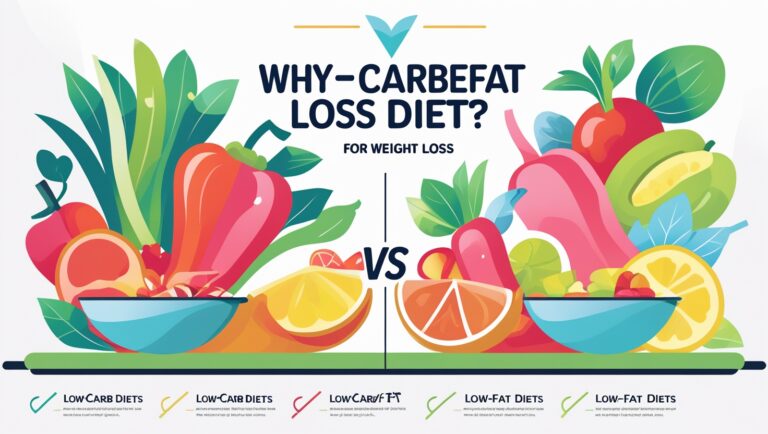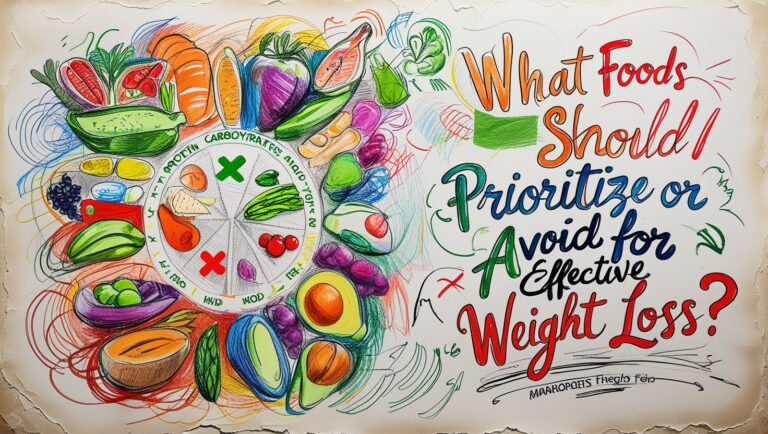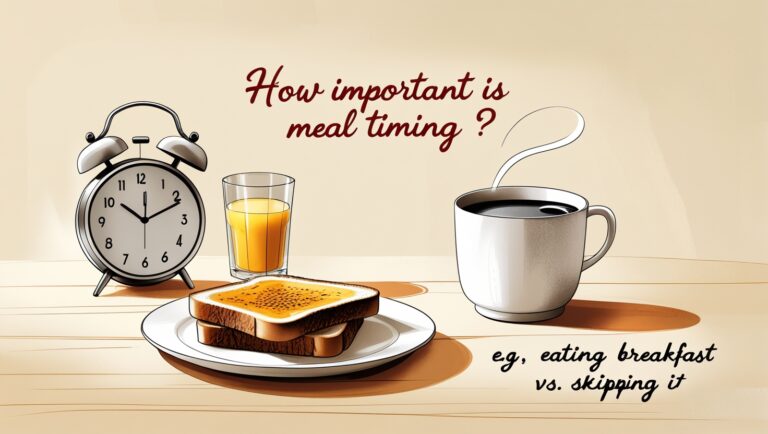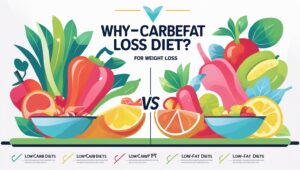With a world of app-happy tracking, Calorie Counting monitoring, and never-ending diet advice at their fingertips, people ask: do you really need to track every single calorie if you want to lose weight, or do you just eat nutrient-dense, high-quality foods and it happens automatically? Current studies and professional consensus is that the overall energy balance “calories in, calories out” holds up, but from which sources might matter more than how many there are.
The Traditional Approach: Calories In, Calories Out
Calorie counting has been the foundation of weight loss guidance for decades. The basic premise is straightforward: if you eat fewer calories than you expend, you will lose weight. But there are a number of issues with this method:
Measurement Errors: Food labels and portion approximations can be as much as 20% off, so accurate calorie counting is tricky and sometimes deceptive
HEALTH.HARVARD.EDU.
Metabolic Variations: All Calorie Counting are not metabolized in the same way. For instance, protein takes more energy to digest and process than fats or carbohydrates, and this results in a greater “thermic effect” that can enhance energy output and enhance fullness
HEALTHLINE.COM.
Individual Variability: Things such as your gut microbiome, genes, and hormonal responses (e.g., insulin and GLP-1) ensure that two individuals can consume the same amount of calories and have very different outcomes
ZOE.COM.
These issues have prompted some experts to wonder if Calorie Counting is the optimal—or even a viable—method for weight control.
Changing the Focus: The Role of Food Quality
Rather than fixating on calorie quantities, many nutritionists now recommend a focus on food quality. Here’s why:
Nutrient Density Matters
Foods that are not processed at all or processed Calorie Counting lightly are generally denser in valuable vitamins, minerals, fiber, and antioxidants. For example, a calorie of an uncooked apple or serving of unadulterated chicken comes chock-full of nutrients that serve to stabilize the metabolism, aid in feelings of fullness, and generally nourish. But a calorie from ultra-processed snack food could provide negligible benefit to health and elevate blood sugar and insulin sky-high
DRSHARONGAM.COM
The Role of Satiety
Good foods tend to have a greater satiety index, i.e., they make you feel full longer. Protein, fiber, and water content vegetables and fruits retard the process of digestion and support level blood sugar. This automatically leads to less Calorie Counting consumption without the mental stress of tracking each morsel
HEALTHLINE.COM.
Better Metabolic Health
A focus on food quality can also benefit your metabolism. When you consume whole, nutrient-dense foods, your body gets a balanced combination of macronutrients that feeds healthy hormonal reactions. This, in turn, can prevent overeating, minimize fat storage, and even lead to more efficient energy spending in the long run
ZOE.COM
Is Calorie Counting Really Needed?
The answer is not so simple. Although the fundamental rule of energy balance holds true, many discover that:
Calorie Counting Can Be Such A Hassle: Tracking every Calorie Counting all the time is time-consuming and can create an unhealthy obsession with food.
Quality vs. Quantity: By choosing high-quality foods—minimally processed foods, high in fiber and protein, and low in added sugars and unhealthy fats—you automatically control your appetite and often eat fewer calories in total.
Individual Needs Vary: Some people may benefit from occasional calorie tracking to gain initial insight into their eating habits, but once you’ve learned how different foods affect your body, shifting your focus to food quality may be more sustainable.
As Dr. Sharon Gam and other nutrition experts have pointed out, many dieters eventually find that paying attention to the ingredients and overall nutritional profile of their meals is a more intuitive and lasting approach than calorie counting alone
Finding a Sustainable Approach
For many, the most successful long-term strategy combines elements of both methods:
Begin Simply: Utilize calorie counting in the short term to learn about portion sizes and energy balance.
Shift to Quality: Progressively move your attention to consuming whole, nutrient-rich foods that automatically satisfy you.
Listen to Your Body: Practice mindful eating to attune yourself to your hunger and fullness signals, not constantly tracking numbers.
Personalize Your Plan: Collaborate with a healthcare provider or registered dietitian to create a plan that suits your lifestyle, metabolism, and food preferences.
Conclusion
Calorie counting gives you a general idea of energy balance, but it doesn’t tell the whole story of how your body metabolizes food. The quality of the calories you eat contributes significantly to satiety, metabolic health, and sustainable weight management. For long-term weight loss, try changing your mindset from simply counting calories to selecting foods that are nutrient-rich and help to feed your body. As you do this, you might find that weight loss is an automatic result of enhanced overall well-being.





